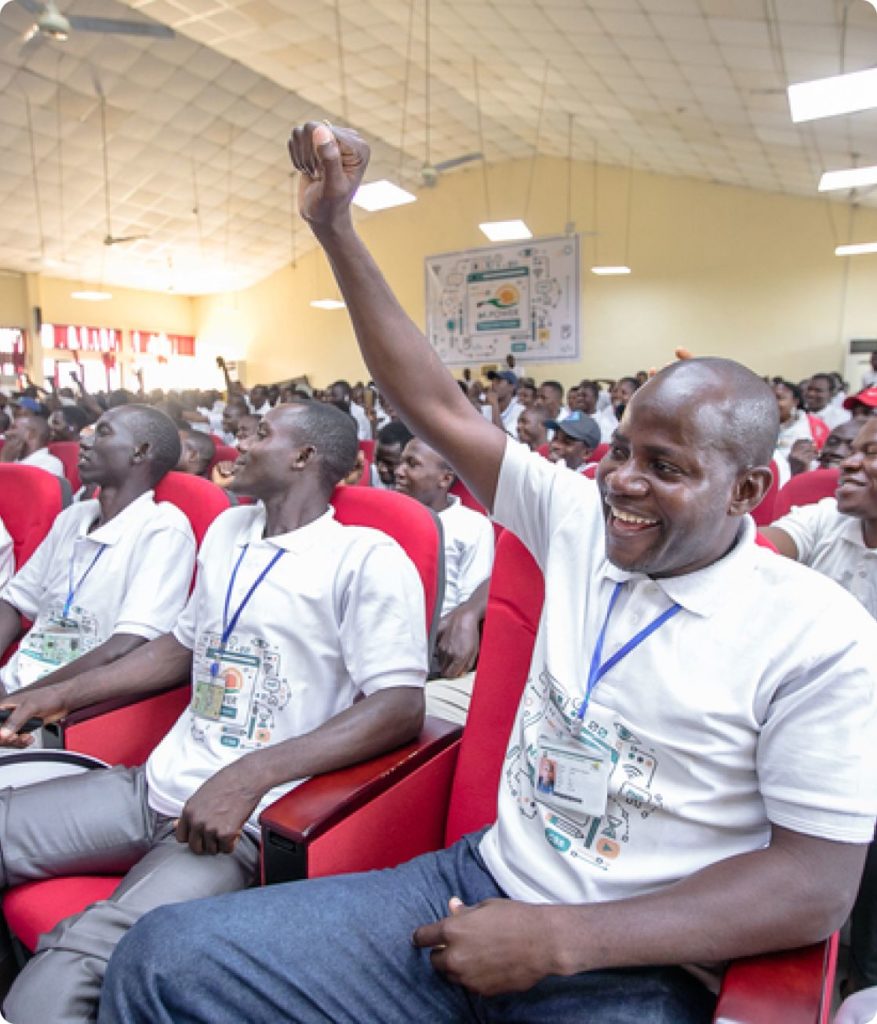JUST IN: FG expand NSIP beneficiaries to accommodate more nigerians by 2021

The federal government has increased the National Social Investment Programmes (NSIP), comprising the Home-Grown School Feeding Programme (HGSFP), Job Creation Unit (N-Power), Conditional Cash Transfer (CCT) and Government Enterprise and Empowerment Programme (GEEP), to accommodate more beneficiaries.
The minister of Humanitarian Affairs, Disaster Management and Social Development, Hajia Sadiya Umar Farouq, stated this Monday in Abuja during a ministerial press briefing.
While listing achievements of the ministry since its creation in August last year, Farouq said that the increase in the number of beneficiaries is in line with plans of President Muhammadu Buhari to lift 100 million Nigerians out of poverty in the next ten years.
She said: “The purpose of this gathering is to acquaint the Nigerian general public with the activities and programmes of the Ministry of Humanitarian Affairs, Disaster Management and Social Development since inception. There is no better time that validates reasoning behind the creation of the ministry as now. The ministry has at these times of emergencies and national need, relentlessly led efforts in the implementation of a series of coordinated interventions targeted specifically to ease the burden of vulnerable socio-economic segments of the country, before, and during Covid-19 lockdown.
In order to double the scope of the National Social Investment Programmes, Mr President has graciously approved the expansion of all NSIP programmes, such as increase of N-Power beneficiaries from 500,000 to 1,000,000, increase of GEEP beneficiaries by 1,000,000 and increase of beneficiaries of Home-Grown School Feeding by 5,000,000.
In championing social inclusion, deliberate efforts were made to capture vulnerable youth and groups which included women, people with special needs, in the expansion of the National Social Register by one million households. Also, in the Economic Sustainability Plan, we have over 1,000,000 urban poor in the National Social Register.
As of June 2020, 4.41% of the total number of individuals captured in the National Social Register are recognised as Persons with Special Needs. This comes to a total of six hundred and eighty-five thousand and ninety (685,090) Persons with Special Needs in the National Social Register.
About 3.7 million households comprising more than 15.5 million individuals have been captured on the National Social Register. Of that number, over 2.8 million of the households which comprise 13.5 million Individuals are eligible for Conditional Cash Transfer. This numbers are spread across the 36 states and FCT. The numbers are further broken down to 7.6 million males and 7.9 million females.
In line with Mr. President’s directive to expand the National Social Register, we have developed a strategy for targeting the urban poor. This register will use existing databases from the National Communications Commission (NCC), and the Bank Verification Number (BVN) from Nigeria Inter-Bank Settlement System (NIBSS). Here we are collaborating with the Central Bank of Nigeria, and the Ministry of Communication and Digital Economy.






Responses